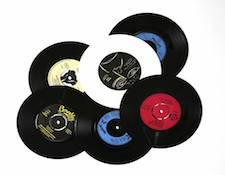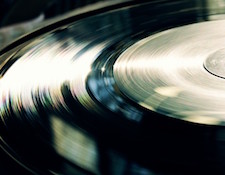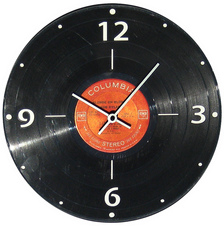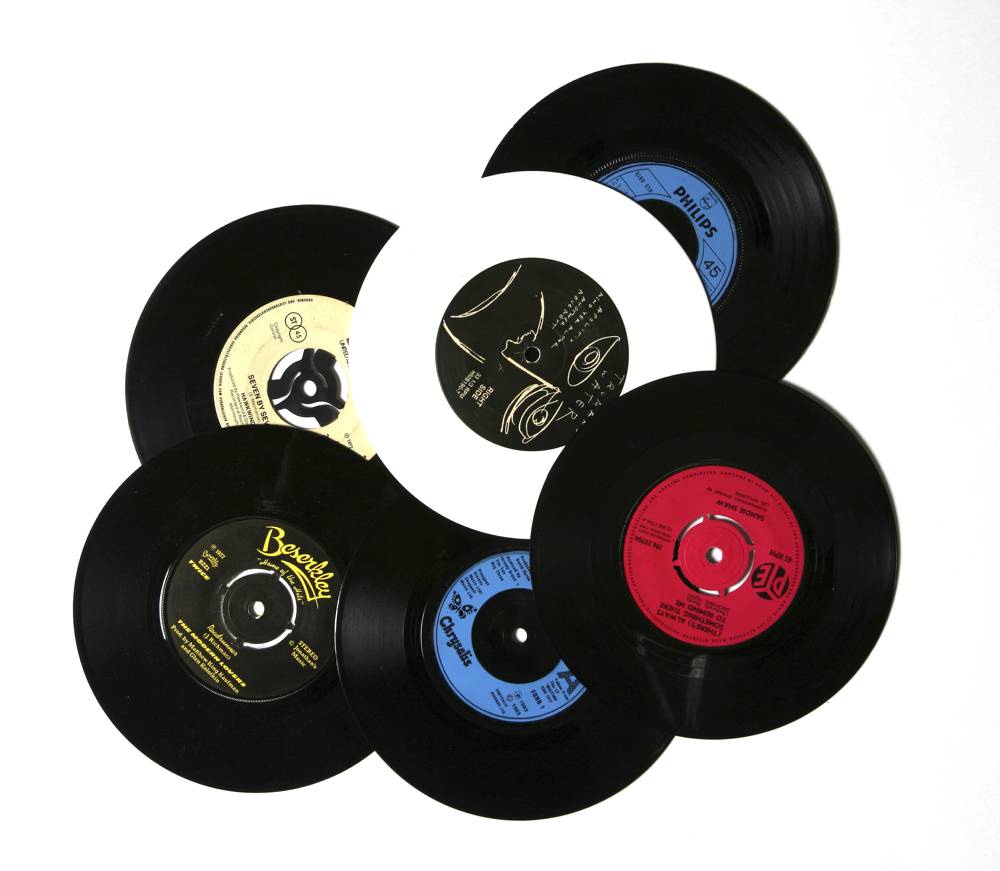It’s the time of year for saving money!
It is almost inevitable that every couple of weeks an audio website will run an article either about cables and wire making or not making an audible difference or an article contrasting vinyl and digital. Judging by the traffic and comments you enjoy them, so I suspect they will keep appearing. This is one of the later.
 Now most vinyl/digital articles dwell on the sonic differences and generalities about these audible differences. Stevie ain’t gonna do that. My take on that whole discussion is that trying to generalize about the innate sonic superiority of either format based on a limited sampling is doomed to failure. It’s like trying to generalize about all redheads’ basic intelligence based on the utterings of Donald Trump.
Now most vinyl/digital articles dwell on the sonic differences and generalities about these audible differences. Stevie ain’t gonna do that. My take on that whole discussion is that trying to generalize about the innate sonic superiority of either format based on a limited sampling is doomed to failure. It’s like trying to generalize about all redheads’ basic intelligence based on the utterings of Donald Trump.
No, I’ll leave the battles over which format is sonically superior to folks with nothing better to do with their time. Instead I want to look at archival longevity. In this regard digital, for all its promise of infinite duplication without information loss, has been a huge disappointment. Digital recording is simply is not archival. This profundity hit me as I was copying my digital library unto yet another hard drive for back-up safekeeping.
 I find it ironic that vinyl playback, which involves pulling a stylus through a groove with all the accompanying forces of pressure and friction, has so far shown itself to be far more archival than any digital medium. I can still play any record, regardless of size, speed, or format if it is physically playable (OK, playing the dual-track double-stylus early stereo LPs is a challenge), which is something I certainly can’t say about early digital recordings. None of my original early digital recordings have survived without some amount catastrophic degradation. Unless they have been copied with regularity onto newer, more stable storage, the vast majority of my early digital recordings are toast. The problem is that every consumer/prosumer digital storage medium degrades with time – CDs, hard drives, CDRs, tape storage – they all suffer from physical degradation and information loss with age. And time marches on, stopping for no man or digital storage medium.
I find it ironic that vinyl playback, which involves pulling a stylus through a groove with all the accompanying forces of pressure and friction, has so far shown itself to be far more archival than any digital medium. I can still play any record, regardless of size, speed, or format if it is physically playable (OK, playing the dual-track double-stylus early stereo LPs is a challenge), which is something I certainly can’t say about early digital recordings. None of my original early digital recordings have survived without some amount catastrophic degradation. Unless they have been copied with regularity onto newer, more stable storage, the vast majority of my early digital recordings are toast. The problem is that every consumer/prosumer digital storage medium degrades with time – CDs, hard drives, CDRs, tape storage – they all suffer from physical degradation and information loss with age. And time marches on, stopping for no man or digital storage medium.
LPs, despite their apparent physical delicacy – subject to heat deformation and easily nicked, scratched, or cracked, are basically a far more physically stable storage medium than digital media. If you put an LP in a room at 68 degrees F, lock the door and age it for 100 years, when removed it will still contain exactly the same information as when it was put there. The same act with a hard drive, CD, or CDR, will not yield the same results. Most likely some digital data will be lost. That is because all of of the current (and past) technologies for digital storage degrade data over time. The same can’t be said for vinyl. A vinyl groove, kept at normal room temperature will be the same in 100 years as it is right now.
 Obviously most of us are not going to be around to listen to our LPs in 100 years, but that doesn’t mean that someone else might not want to hear them. Just like fine musical instruments we don’t own them as much as we act as their caretakers during our lifetimes,
Obviously most of us are not going to be around to listen to our LPs in 100 years, but that doesn’t mean that someone else might not want to hear them. Just like fine musical instruments we don’t own them as much as we act as their caretakers during our lifetimes,
LPs have the capability to enrich multiple generations of music lovers. So far, digital has not proven itself to be capable of doing the same without assistance.








